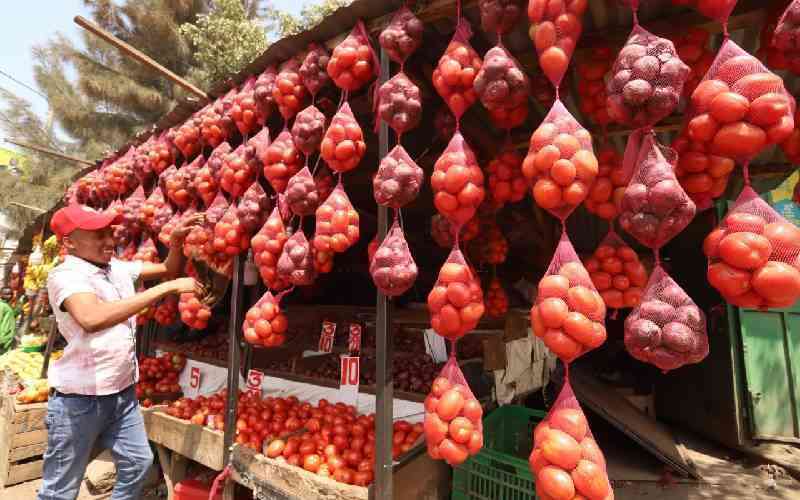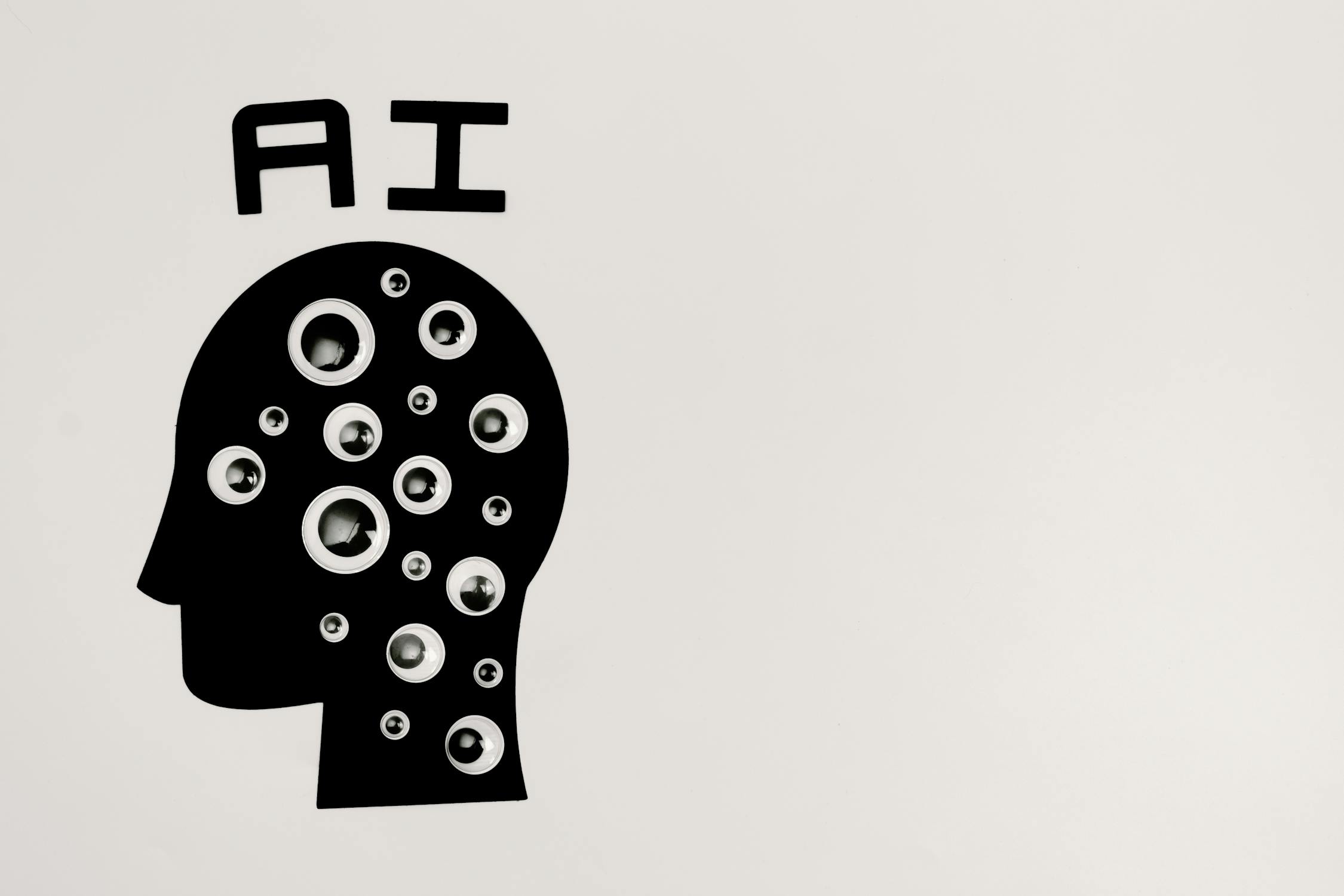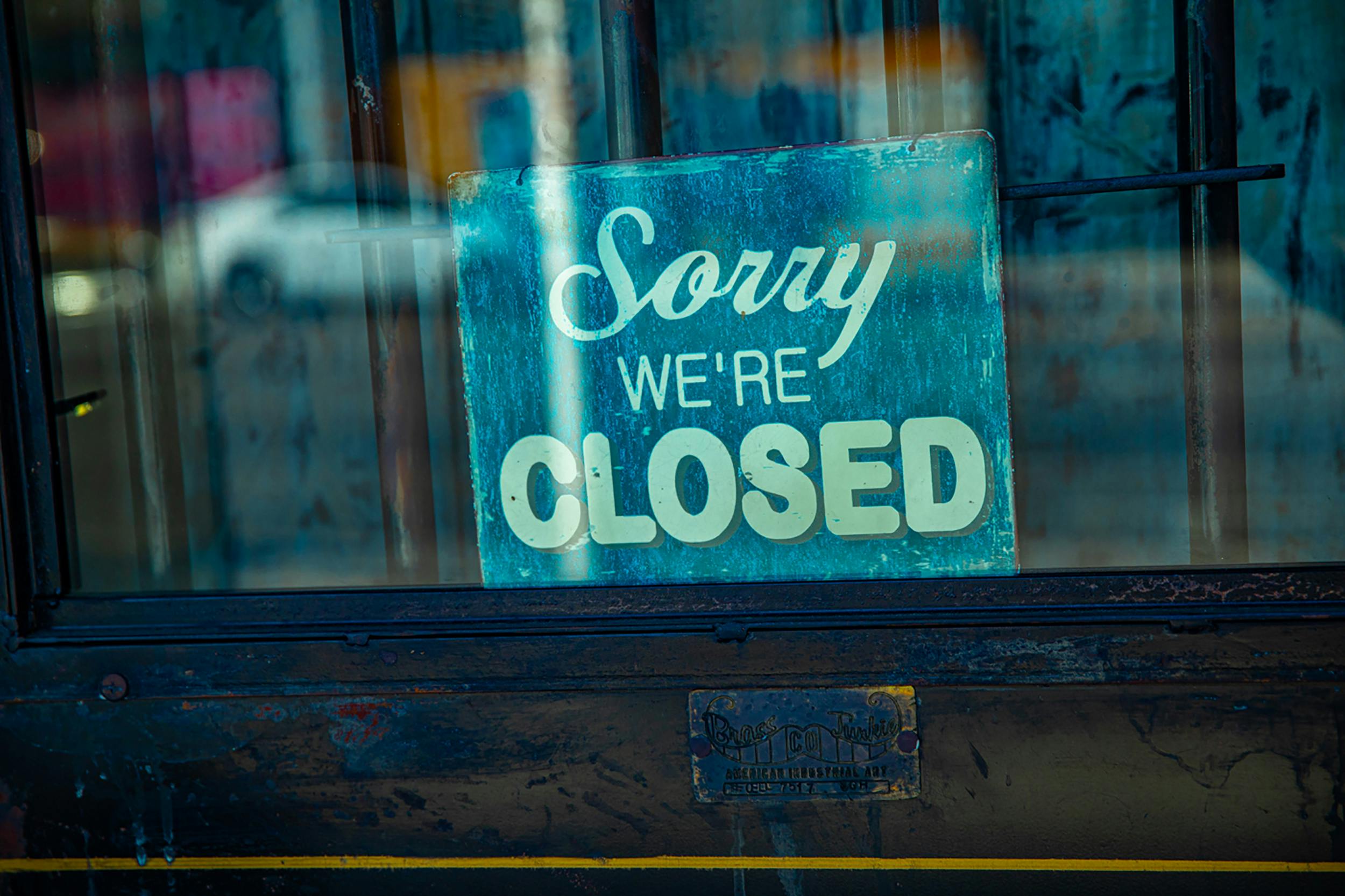Kenya’s business confidence in the lead-up to next Tuesday’s polls is higher compared to the last two general elections, a new survey has shown.
The CEO Business Confidence Index, which was done by Trends and Insights for Africa (Tifa), a pollster, put the confidence level of the captains of industry at 61 points, which is higher than in 2017 and 2013 general elections.
The survey, which was sponsored by Kenya Private Sector Alliance (Kepsa), measures CEOs’ confidence from 0 to 100 points. In 2013, the confidence level was at 53.8 points and dropped even lower to 44 points in 2017.
“Some of the interesting factors behind the 2022 optimism that were cited by leaders include political stability, their plans to substantially increase the numbers of full-time employees while at the same time having a strong will to retain most of their full-time employees,” commented Kepsa on the study.
First conducted in 2017, the surveys gauge the confidence that business leaders have about their businesses, industry and the economy ahead of elections. The hospitality industry, which is just recovering from the Covid-19 pandemic, was the most optimistic with 68 points.
It was followed by building and construction and wholesale and retail with 62 points; and agriculture and manufacturing (61 points).
Kenyans will next Tuesday decide who between the two leading presidential candidates, according to opinion polls, Azimio La Umoja One Kenya’s Raila Odinga and Deputy President William Ruto of Kenya Kwanza, will be the country’s next president.
All other elective posts are also up for grabs, including governors, senators, MPs and members of county assembly. Central Bank of Kenya (CBK) Governor Patrick Njoroge does not expect private investor confidence to be affected by the upcoming polls, noting that confidence among businesses is high.
CBK projects the economy to grow by 5.4 per cent this year compared to 7.5 per cent in 2021.
Speaking to KTN in an interview in October 2020, Dr Njoroge said unlike the risks posed by the rising political temperatures occasioned by a possible referendum and this year’s elections, there was still an element of surprise with the pandemic. He said Kenya, having gone through a lot of political risks, had somewhat learnt how to deal with them. He termed the risks – including the then US elections – a “known unknown.”
“Coronavirus is actually the one that is the unknown. The others are in the realm of known unknowns,” said Dr Njoroge.
Other institutions do not see it that way. In December last year, the International Monetary Fund (IMF), in a country report, noted that there is a 30 per cent to 50 per cent probability of the country descending into political instability during this year’s polls.
However, the National Treasury has cited polls as one of the factors that has contributed to its decision to revise downwards economic growth projection this year. The global lender noted that there is a high risk of election-related skirmishes materialising within the next 12 months, derailing the country’s growth prospects.
“Political violence could emerge around this year’s (2022) presidential election as seen in previous polls,” said the IMF in the report published last week.
As a policy response, the Washington-based institution advised the Kenyan authorities to remain committed to reforms under the 38-month programme – aimed at addressing the country’s debt vulnerabilities by taming expenditure and ramping up tax revenues.
“Within Kenya, the upcoming General Election could pressure budget execution and reform implementation and potentially lead to socio-political tensions,” said the Washington-based lender.
Most economic forecasters, expect the economy to slow down this year due to the heightened political overtones with investors adopting a wait-and-see approach.
The business environment had barely recovered from the negative effects of Covid-19, which saw the economy contract by 0.3 per cent in 2020.
It was then hit by the Russia-Ukraine war, which has pushed up the cost of raw materials including oil, fertiliser and wheat.
The World Bank projects the real gross domestic product (GDP) — the monetary value of all goods and services in the economy adjusted for inflation — to grow by 5.5 per cent this year, down from 7.5 per cent in 2021.












 (2025 Updated)
(2025 Updated)







Discussion about this post